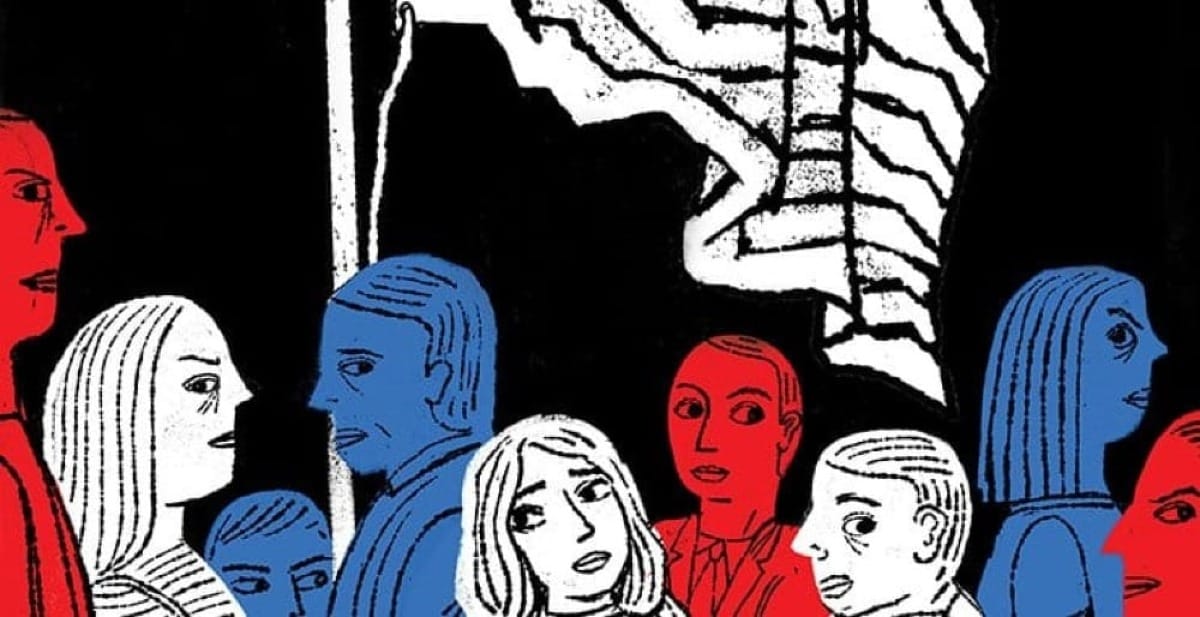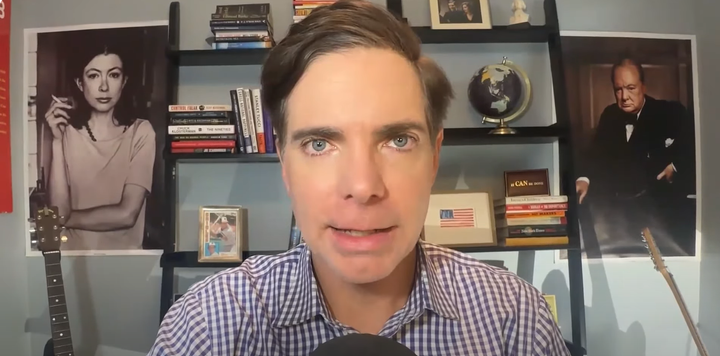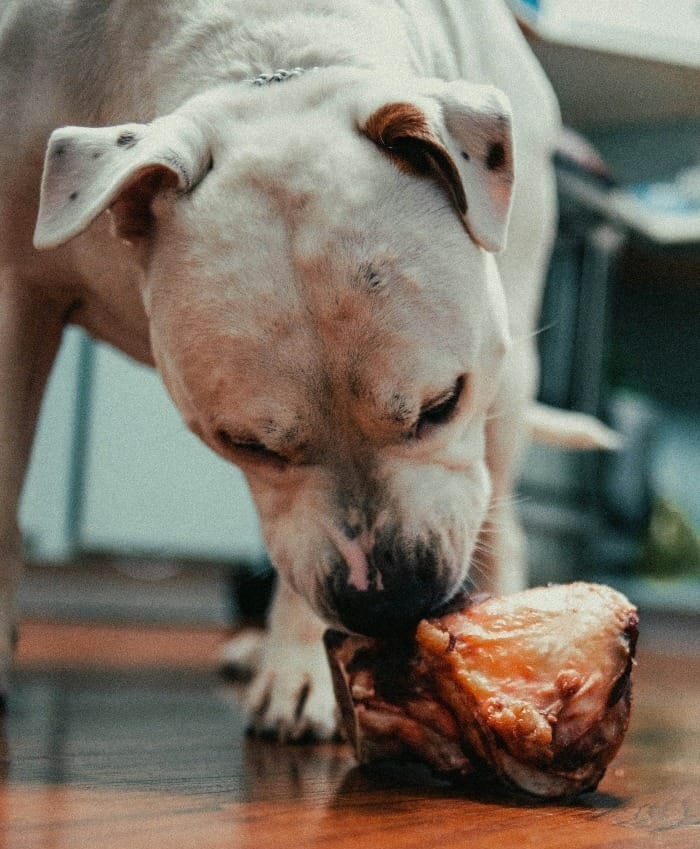Ideology: Does it play an important role in our political decisions?
Red versus Blue, Right versus Left. These political distinctions have existed for a long time but does identifying yourself in one, or the other camps guarantee you'll see the changes you expect for your loyalty? The answer is that it depends on one's perspective.

Ideology! What is it? According to the Merriam-Webster dictionary, the term ideology means “a manner or the content of thinking characteristic of an individual, group, or culture.” But the Oxford dictionary differs a little; it defines ideology as “a systematic scheme of ideas, usually related to politics, economics, or society, forming the basis of action or policy.” So, which one is right? Is it the ideas that stem from our individual cultural growth or economic and political understanding? As I ponder how this relates to my own life and the people living in my surrounding areas, I realize both are true today. Some people were raised on the importance of political views and how it’s important to use your Voltaire rights which is freedom of thought to express the changes that they want to in their community. On the other hand, some people only participate in activities that are tied to their cultural beliefs and structure.
Reflecting on American society, we witnessed a profound shift during the Obama reign from 2008 to 2016. The media's focus on the first Black president, his election spreading the ideology of hope and change, and the subsequent uneasiness among certain cultures–all marked a significant turning point. This period gave rise to the Tea Party, paving the way for the election of Trump and the MAGA movement. The battle between what we now call right wing and left wing has a long history, dating back to the Roman senate during Caesar's rule. This perpetual tug and pull between progression and stagnation, the very foundation of this battle, lies in ideology.
Now, I know you might be wondering what all this has to do with West Virginia politics. The truth is it has a significant impact. All the laws being made are based on our politicians' understanding and ideology of what it means for their communities, whether good or bad. Our state voters, at least the ones that are voting,are making decisions based on the same assumptions. But there's a big disconnect between the politicians and their constituents in this state, and that's a cause for concern. If you ask a working or lower-class citizen, they will tell you their grievances, but simultaneously will say that the government does not do anything but ask for our votes. Most no longer believe in the voting process due to their bad experience with past elections and the drama that followed. The last election caused a lot of people to change their stand on choosing any party and caused them to change their status to independent voters. The independent voter's ideology inclines them to vote on the ideas that fit their needs to live their everyday lives. A party member, on the other hand, will vote for the individuals who belong to that party. Therefore, ideology can be a positive force if people focus on changes that help society as a whole, not just as individuals.
This brings me back to the question from the title: Does ideology play an important role in our political decisions? The answer to this question is Yes, it does. A politician will usually launch their campaign based on their ideology or the ideology they believe their constituents support. Later, they transform their belief into a platform relatable to their constituents to become a representative of their area. We exhibit this every time the election season comes around. Some politicians' service-first ideologies match their constituents' beliefs and they end up having long political terms and keep the loyalty of their voters. Others may have materialistic ideologies, which cause a disconnect with their voters and rob their communities of helpful resources.
Ideology plays a vital role in our democracy. It’s the fuel for how we see ourselves in the nominated candidates and how candidates present themselves to us during the election season. Knowing one’s background and beliefs can help voters determine who is a better fit for their community. So, I challenge each of you readers to take time to evaluate your local candidates and see if their ideology aligns with your values and ideas. Then, choose to become proactive in your local democracy because our freedom isn’t free. It comes with a cost, so we must protect and defend it to maintain it.




Comments ()